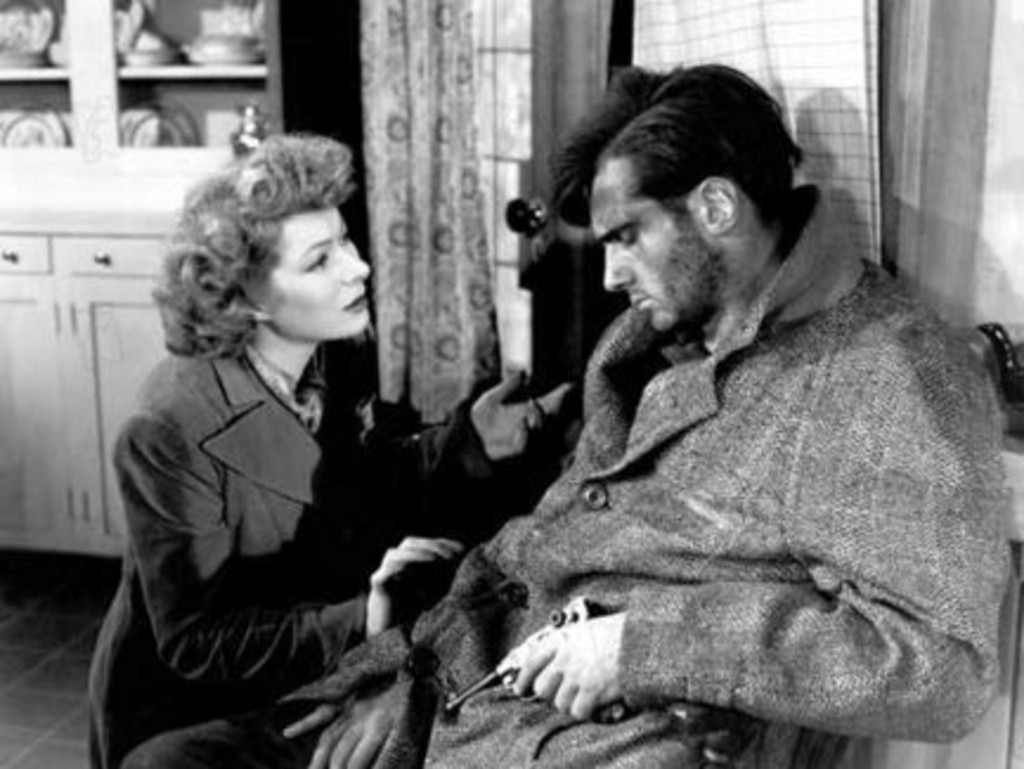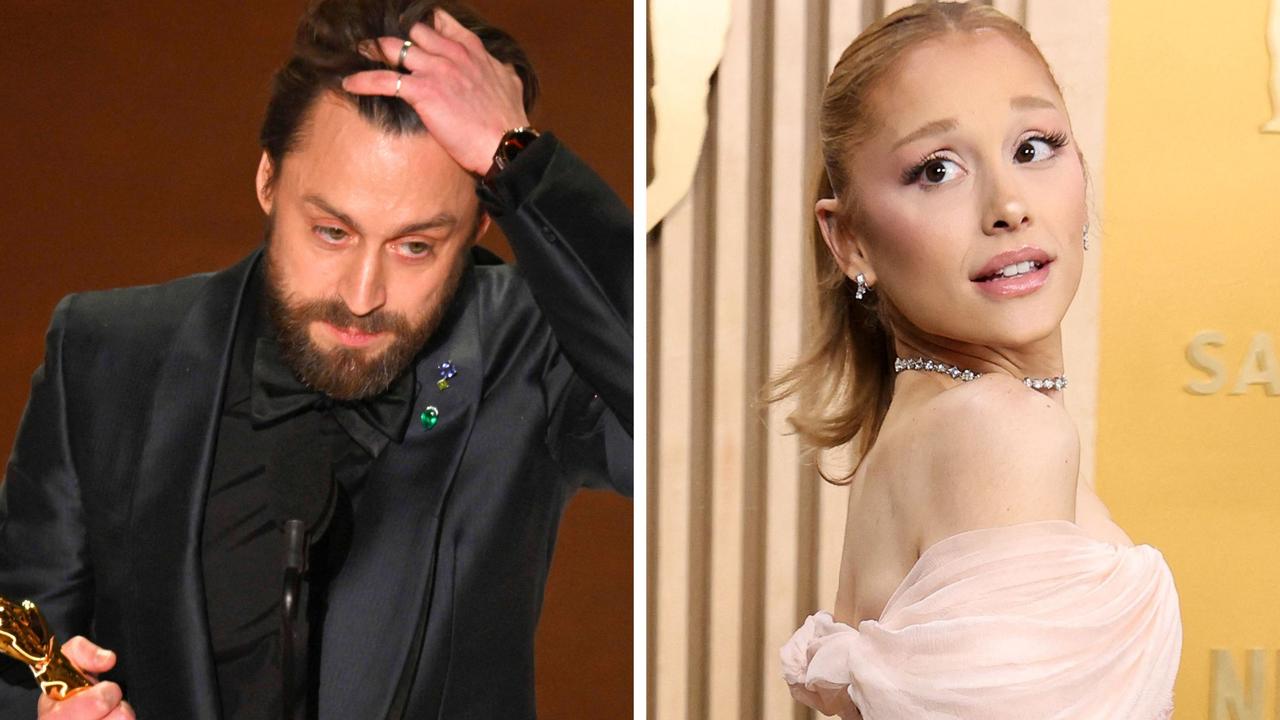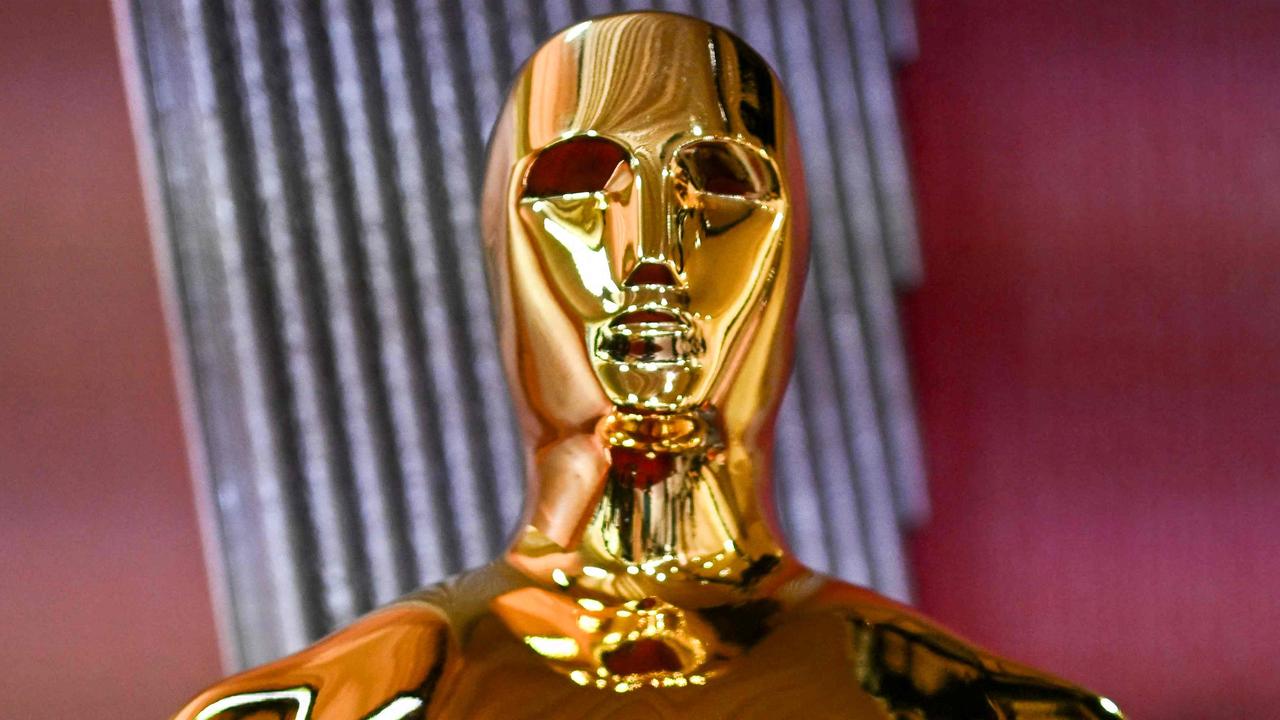Everything you should know about Oscars
Have you ever wondered why the Academy Awards are in fact called the Oscars? Or maybe you want the red carpet goss. We’ve got you covered.
Love them or hate them, the Oscars are a big deal.
But many don’t understand how the Academy Awards work, the voting process, or simply why they’re called the Oscars.
News.com.au has answered all your Oscars questions ahead of the big event.
Even if you’re not a fan, these facts will be handy for future pub trivia nights.
How are winners determined and who gets to vote?
The Oscars are voted on by the membership of the Academy of Motion Picture Arts and Sciences, which comprises of more than 8000 industry folk including actors, writers, costume designers, publicists, producers and more.
Membership is by invitation only and usually happens as an acknowledgment of someone’s contributions to the industry, including former nominees.
The Academy has made a push in recent years to diversify its membership by inviting those from different cultural backgrounds, younger people, more women and some from outside America, to better represent not just those working in the industry but also the audience.
RELATED: Crazy-making Oscars race is first in years
The various branches of the Academy nominate within their own categories — for example, visual effects artists vote to nominate for the visual effects awards — and then everyone votes on the winners.
For every category except Best Picture, the winner is determined by whoever receives the most votes.
But the Best Picture winner is determined through preferential voting, much like Australian elections. This means the winner may not necessarily have received the most first preference votes but a combination of voters’ first, second or third preferences as their other choices are knocked out in each round of counting.
Who is Oscar?
So, no one is really certain for sure. There’s a theory that the Academy librarian back in the 1930s thought the statue looked like her uncle who was called Oscar, and therefore the Academy staff started just calling it Oscar for fun and it stuck.
Who made the longest Oscars speech in history and how long was it?
Nowadays Oscar winners are told to keep their speeches to 45 seconds — if they go over, that’s when the music starts playing and they’re basically pushed off stage.
Back in 1943 British actress Greer Garson spoke for way longer than 45 seconds when she took to the stage to accept her Best Actress award for Mrs Miniver.
According to one of the Academy’s historians, her record-breaking speech went for seven minutes.
RELATED: Huge change to Oscars ceremony

Which Best Picture winner has made the least money?
The Oscars is, in theory, about awarding the best movies in terms of artistic achievement, which means the picks rarely align with box office performance — Titanic and Gone with the Wind are notable exceptions.
The Best Picture winner that has made the fewest bucks, at least at the US box office, was 2011’s The Hurt Locker, which only took in $US17 million in America. Barry Jenkins’ Moonlight, which won in 2017 after La La Land was initially announced as a mistake, is second.
But whoever wins this year will be the new record holder for the dubious title. Thanks to COVID, global box office numbers are way down, but especially in the US. As it stands now, Promising Young Woman’s $US6.2 million US box office is the highest among the eight contenders.
Is there an allocated time/spot that the celebs walk the red carpet when arriving?
The red carpet is split into two — there’s a “VIP” line and a “not so VIP” line. You can expect to see stars like Brad Pitt in the VIP, line which is closest to the media and photographers, while the other line is filled with lesser known people and hangers-on.
There isn’t necessarily an allocated time for each star, but there are plenty of Academy staff working on the carpet to ensure the line keeps moving.
What was the worst snub among this year’s nominations?
Spike Lee’s Da 5 Bloods really should’ve had a much stronger showing. It absolutely deserved a spot in Best Picture, Best Actor and Best Director at the very least. That it was only nominated in Original Score is a slap in the face.
RELATED: J.Lo breaks silence about infamous snub

Lee’s powerful film about a group of black Vietnam War veterans returning to search for buried gold is a confronting tale about reckoning with the past. It was visceral, urgent and deeply uncomfortable, but also incredibly thrilling.
Lee is a divisive figure for some but the Academy has awarded him in the past. Even if you don’t like Lee, snubbing Delroy Lindo’s performance — the year’s best — as the rageful and regretful Paul is unfathomable.
Who makes the Oscar awards given out and are they real gold?
The Oscar statues are made by a company in New York. They’re made of bronze and are then given a 24-karat gold finish.
Fun fact: Each statue is 35cm tall and weighs just under 4kg.
How long can it continue to exist as the pinnacle of the industry?
This question probably requires a 2000-word thinkpiece or a PhD, because there is a good argument to be made that TV is overtaking film in terms of creative possibilities and even prestige — especially as movie stars and filmmakers gravitate towards a medium that gives them 10 hours to explore a story or character instead of two.
The movie industry took a huge hit during COVID and the global closure of cinemas accelerated a trend towards streaming. But I wouldn’t discount cinema and the Oscars out yet. The year before the pandemic — 2019 — broke box office records around the world.
Film is still regarded as a desirable art form for both those watching and those making it. You only have to look at how much money Netflix spends on recruiting directors such as Martin Scorsese, plus how much money it spends campaigning for Oscars (tens of millions), because that little gold statue still has a lot of cache.
What should I watch first if I want to assess the Best Picture nominations?
Given no one has actually invented Hermione’s time-turner, if you only have time to watch a small selection before the ceremony, we would recommend Minari, Nomadland and The Father, which are three very different films and experiences.
Minari is a gentle drama about a Korean-American family trying to stay together in a new town in 1980s America. It has a dreamlike quality but backs a weighty emotional punch, and stars The Walking Dead’s Steven Yeun.
Nomadland is a ruminative and humanist story about older nomads in the American heartland, and stars Frances McDormand as a woman trying to regain her sense of self after her town collapsed when the biggest employer shut down.
The Father is a visceral film about dementia stars Anthony Hopkins as a man whose progressive memory loss untethers him from what he knows.
But all the Best Picture nominees this year actually deserve their place on the list, there’s no head-scratcher — like Bohemian Rhapsody — that makes you nervous and pondering “eeeep, what if that actually won?!” So if you get time later on, it’s worth seeing all of them.



